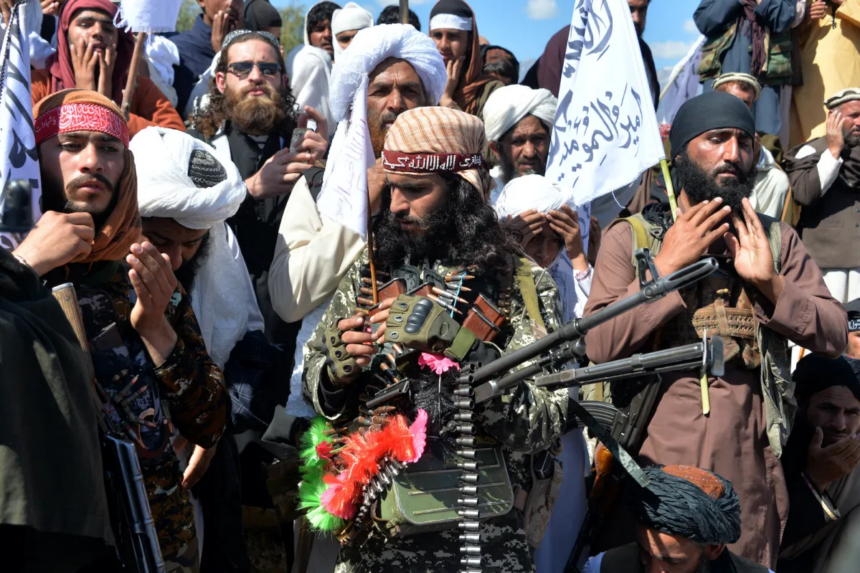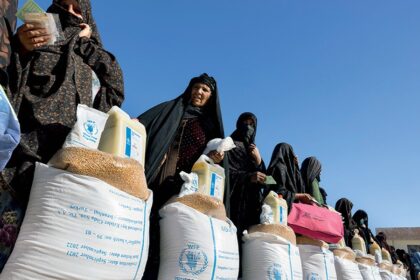RASC News Agency: While millions of Muslims around the world celebrated Eid al-Fitr with joy, music, and festivity, many in Afghanistan marked the holiday in silence, hunger, and despair. For countless families, Eid was nothing more than a fading tradition overshadowed by crippling poverty, unemployment, and economic collapse. Thousands of Afghanistani citizens spent Eid with empty stomachs and weary hearts, unable to afford even the most basic necessities. Widespread joblessness, soaring inflation, and the decline of humanitarian aid have pushed millions into dire circumstances, leaving them struggling to secure even a loaf of bread.
Several residents told RASC that Eid had lost all meaning this year, as poverty had stripped them of any chance to celebrate. Asadullah, a father of eight in Kabul, described his family’s struggle:
“Eid is just a name for us now. We have nothing not even a piece of dry bread. Since the Taliban took over, I lost my job. I had no money to buy new clothes for my children, not even enough for a single proper meal.”
Similarly, Aminullah, a resident of Parwan, expressed his heartbreak:
“This year, there was no Eid for us. When you can’t even find food for dinner, how can you think about buying new clothes? I couldn’t afford anything for my children. I had no words to explain to them why they had to endure another Eid without gifts, new clothes, or even a decent meal.” Beyond widespread unemployment, an unprecedented rise in food prices has placed an unbearable strain on struggling families. In recent months, the cost of flour, cooking oil, and rice has doubled, even tripled, leaving millions unable to afford even basic essentials.
Aminullah added:
“I used to earn 200 Kabuli rupees a day, but now, I haven’t made a single rupee in over a week. People have become too poor there’s no one left to offer jobs. My children asked for Eid clothes and food, but I couldn’t even buy them dry bread.” Many citizens hold the Taliban responsible for the deepening economic crisis, arguing that instead of addressing poverty and unemployment, the group has focused solely on consolidating power, offering little to no relief to the suffering masses.
With each passing year under Taliban rule, Eid in Afghanistan is becoming less a celebration and more a reminder of the nation’s unrelenting hardships.






